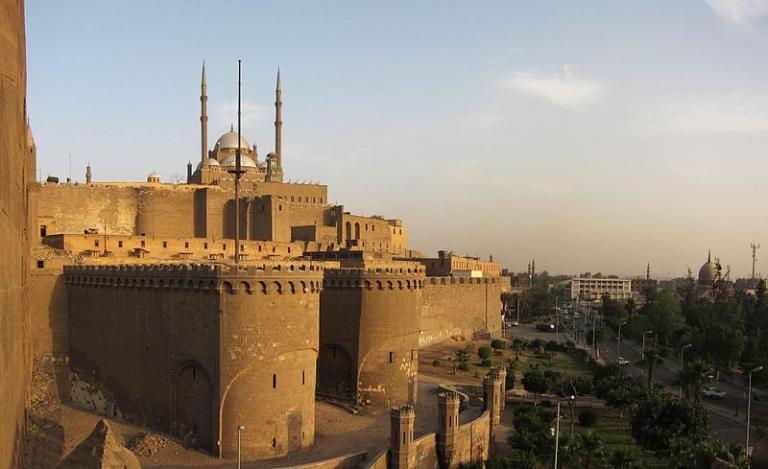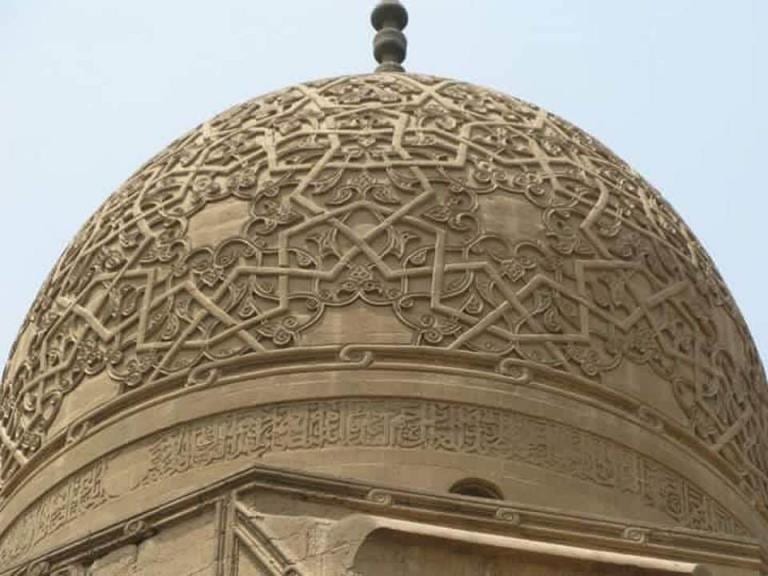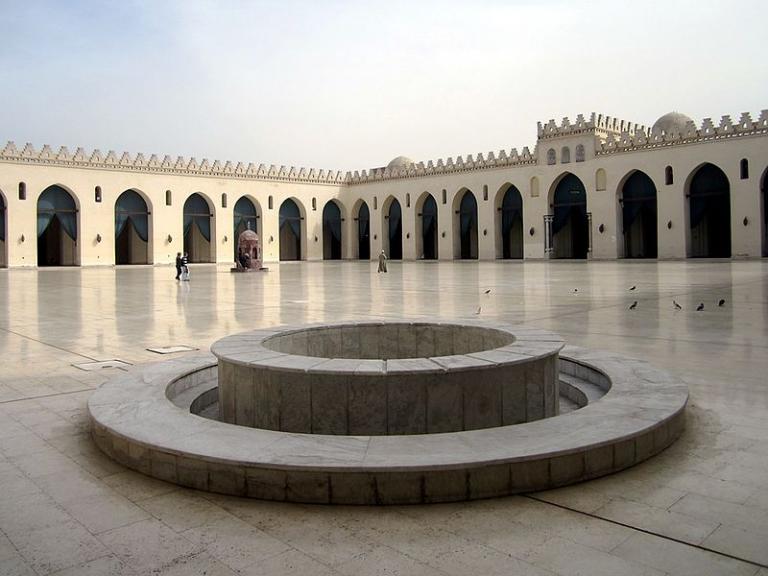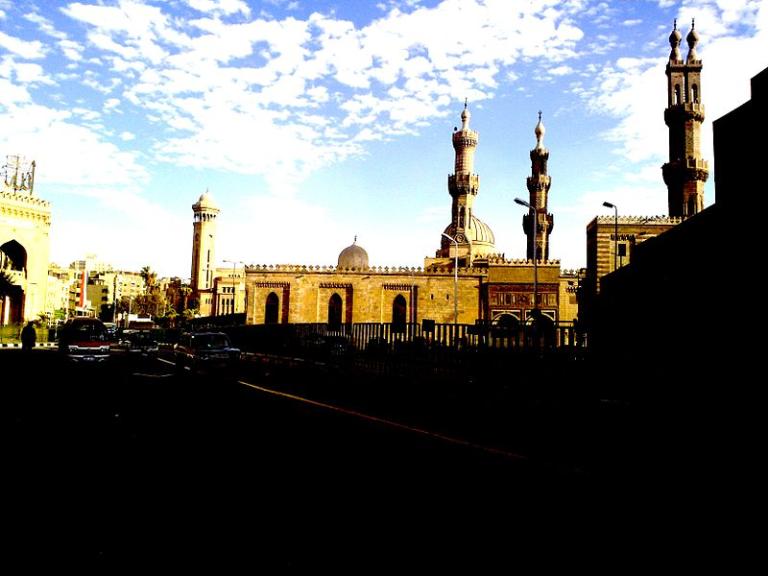
(Wikimedia Commons public domain photograph)
This new little essay went up earlier today in Interpreter: A Journal of Latter-day Saint Faith and Scholarship:
“When an Evident Fact Cannot Be Allowed to Be True,” written by one Daniel C. Peterson
Abstract: Miracles occur relatively often in scripture, as do people who, for various reasons, want or even need to deny their occurrence. The arguments that are deployed to justify such denial haven’t changed all that much over the centuries. In fact, they’re still around today.

I want to remind you of the presentation by Royal Skousen on the campus of Utah Valley University that will take place tomorrow night (Saturday, 12 November 2022) between 7:00 PM and 9:00 PM. His title is “Textual Criticism and the Book of Mormon” — and if there is anybody on Planet Earth who is qualified to address that subject, Royal Skousen is definitely that person. I plan to be there, and I hope that you will be, as well. (For specific details, see this previous blog entry of mine.)

(Wikimedia Commons public domain photo)
And here are a few other items that appeared over the past few days in Interpreter: A Journal of Latter-day Saint Faith and Scholarship. I was unable to call attention to them in a timely manner because the WiFi on our Nile cruise boat — which is never very good at the best of times — was completely down and nonfunctional this past week. So, a bit late, I give you four links:
Conference Talks: “Axes Mundi: A Comparative Analysis of Nephite and Mesoamerican Temple and Ritual Complexes,” presented by Mark Alan Wright
This study seeks to compare and contrast the temple and ritual complexes alluded to in the Book of Mormon with those known from the archaeological record in Mesoamerica. Although superficially they may appear incompatible, an analysis of their underlying mythologies reveals many conceptual similarities, suggesting Nephite worship and ritual might not have been wholly out of place in that context. There are significant differences as well, but these likewise serve to provide insight into the interrelationship between the Nephites and the dominant Mesoamerican culture within which they may have been entrenched.
Nibley Lectures: Time Vindicates the Prophets — A Substitute for Revelation
Between 7 March 1954 and 17 October 1954, Hugh Nibley delivered a series of thirty weekly lectures on KSL Radio that were also published as pamphlets. The series, called “Time Vindicates the Prophets,” was given in answer to those who were challenging the right of members of the Church of Jesus Christ of Latter-day Saints to call themselves Christians.
This lecture addresses various peoples’ ideas that one can find certitude without revelation and discusses the idea that where there is no revelation, there is no certitude.
The Interpreter Radio Roundtable for Come, Follow Me Old Testament Lesson 47, “Seek the Lord, and Ye Shall Live” on Amos and Obadiah, featured Terry Hutchinson, John Gee and Kevin Christensen. Did you miss it? Have you felt a strange emptiness in your life? A void that you’ve been unable to fill? Well, we’re here to help. And, so, we’ve extracted this roundtable from the 9 October 2022 broadcast of the Interpreter Radio Show. The complete show may be heard at https://interpreterfoundation.org/interpreter-radio-show-October-9-2022/. And there’s more! The Interpreter Radio Show can be heard on Sunday evenings, each and every week of the year, from 7 to 9 PM (MDT), on K-TALK, AM 1640. As an alternative, though, you can listen live on the Internet at ktalkmedia.com.
Jonn Claybaugh has contributed yet another of his concise notes on the “Come, Follow Me” curriculum for students, teachers, and families.

(Wikimedia Commons public domain photograph)
As the hart panteth after the water brooks, so hath my soul panted for my return home. I enjoy traveling. I’ve very much enjoyed the travels that I’ve just concluded. All six or more weeks of the most recent bout. But, while I like travel as sauce on the steak, I’ve never wanted it to replace the steak altogether. So it’s good to be home again. I have a lot of things that I need to do. And they’ve been accumulating.
In order to be at my most productive, I need a routine. Leading tour groups in Egypt and Israel, and babysitting granddaughters in Florida, and other such activities aren’t always conducive to a regular schedule. I enjoyed them, but I’m back.










